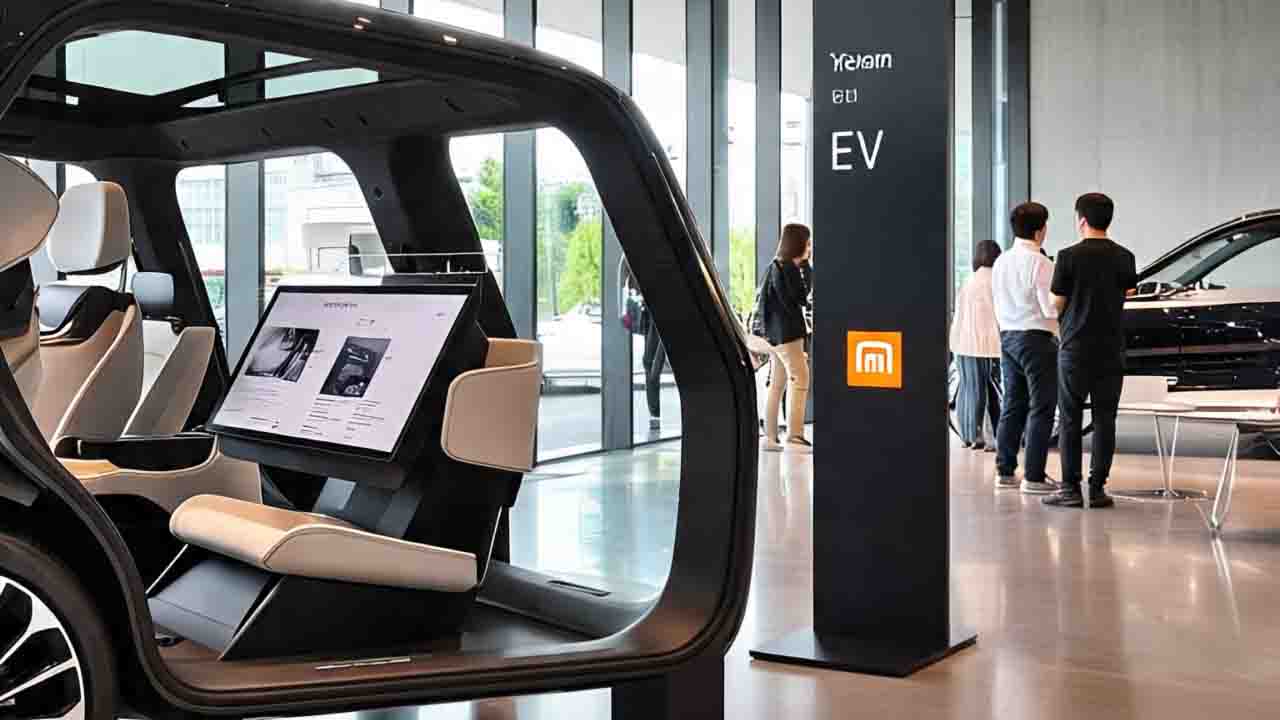
Resilienceapac – Made in China once evoked images of mass-produced goods and low-cost manufacturing, but today, it represents global innovation, brand ambition, and cultural influence. Chinese companies like BYD, Xiaomi, and Pop Mart are no longer just domestic giants they are global powerhouses reshaping consumer trends from Asia to Europe and Latin America.
Leading the charge is BYD, which recently surpassed Tesla in electric vehicle sales across key global markets such as Europe and Brazil. The company’s rise reflects China’s growing dominance in the EV sector, with affordable, tech-forward models capturing the attention of eco-conscious consumers worldwide.
Meanwhile, Xiaomi is pushing boundaries beyond smartphones, launching a line of electric vehicles and deepening its position as a lifestyle tech brand. With a blend of sleek design, competitive pricing, and smart integration. Xiaomi is aiming to become the Apple of the East only faster, cheaper, and more connected.
Chinese brands are not only expanding geographically; they’re also seizing major global events as marketing opportunities. Leveraging platforms like TikTok and Facebook, they create viral campaigns tailored to different regions. Tapping into local cultures while maintaining a strong national identity.
“Scandal Is the Joke That Never Dies”
The Olympics and UEFA Euro 2024 have become perfect stages for these brands to showcase their visibility. Pop Mart, known for its collectible toys and designer art figurines. Has been especially effective at targeting younger audiences during these events, fusing entertainment with commerce.
This strategic alignment with high-visibility moments not only boosts brand recall. But also strengthens emotional connections with new audiences something previously seen as a Western brand advantage.
What was once a label of origin is now a symbol of aspiration. Made in China is evolving from a tag on a product to a movement driven by creativity, technology, and ambition. These companies are rewriting narratives, proving that innovation is not confined to Silicon Valley or Western Europe.
BYD’s eco-leadership, Xiaomi’s tech lifestyle revolution, and Pop Mart’s cultural storytelling show that Chinese brands are not only catching up they are setting trends. As they continue to expand their reach, Made in China will increasingly become a stamp of global relevance and influence.
The era of Chinese brands playing second fiddle is over. Today, Made in China means made for the world.
“Digital Logistics Soars: Global Market Reaches US$41.5 Billion”
Resilience APAC: Asia-Pacific Hub for Reform – Climate-ready energy systems industry innovations are reshaping how factories and plants generate and…
Resilience APAC: Asia-Pacific Hub for Reform - resilient energy systems climate adaptation is becoming a critical focus as climate change…
Resilience APAC: Asia-Pacific Hub for Reform - industrial policy trends shaping economic landscapes worldwide are playing a crucial role in…
Resilience APAC: Asia-Pacific Hub for Reform - Boardrooms now menilai seberapa siap perusahaan menghadapi risiko iklim, sehingga climate resilience metrics…